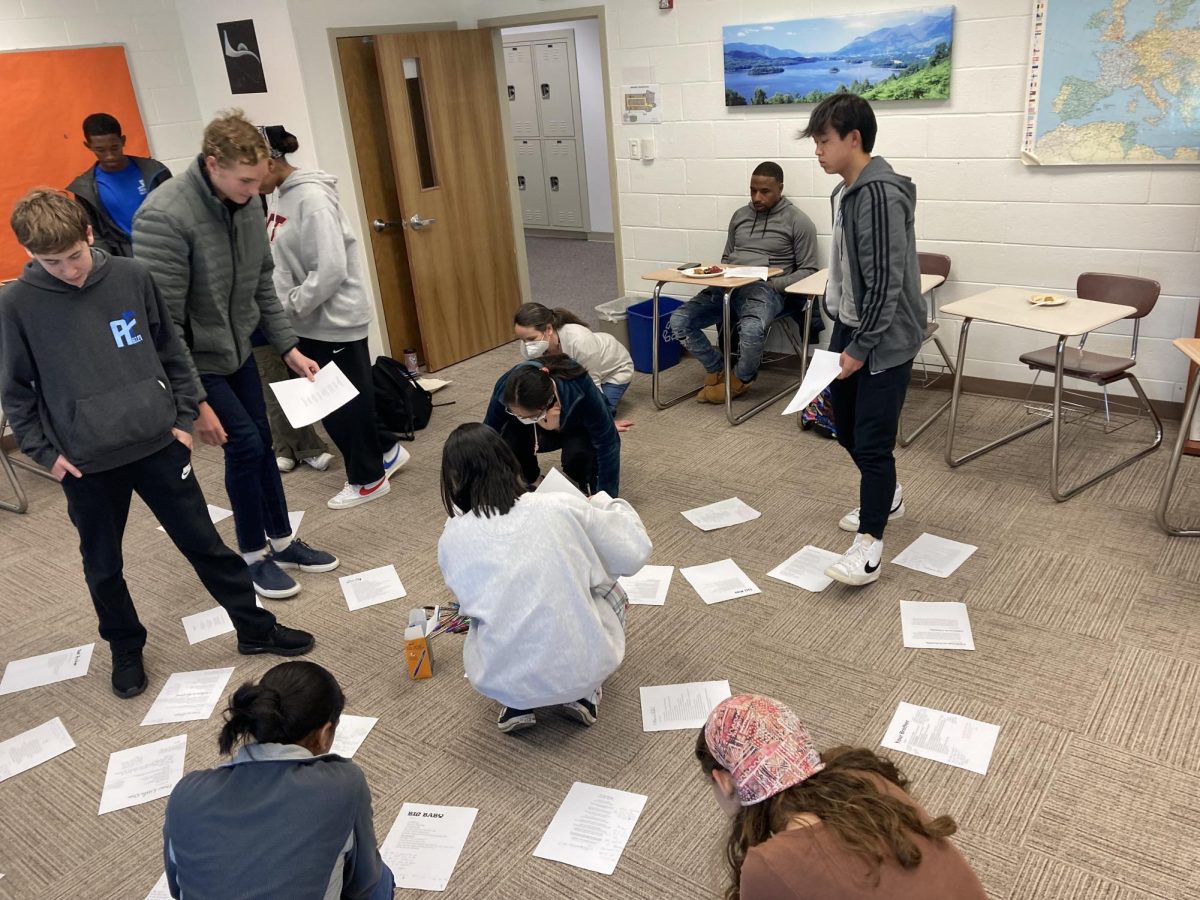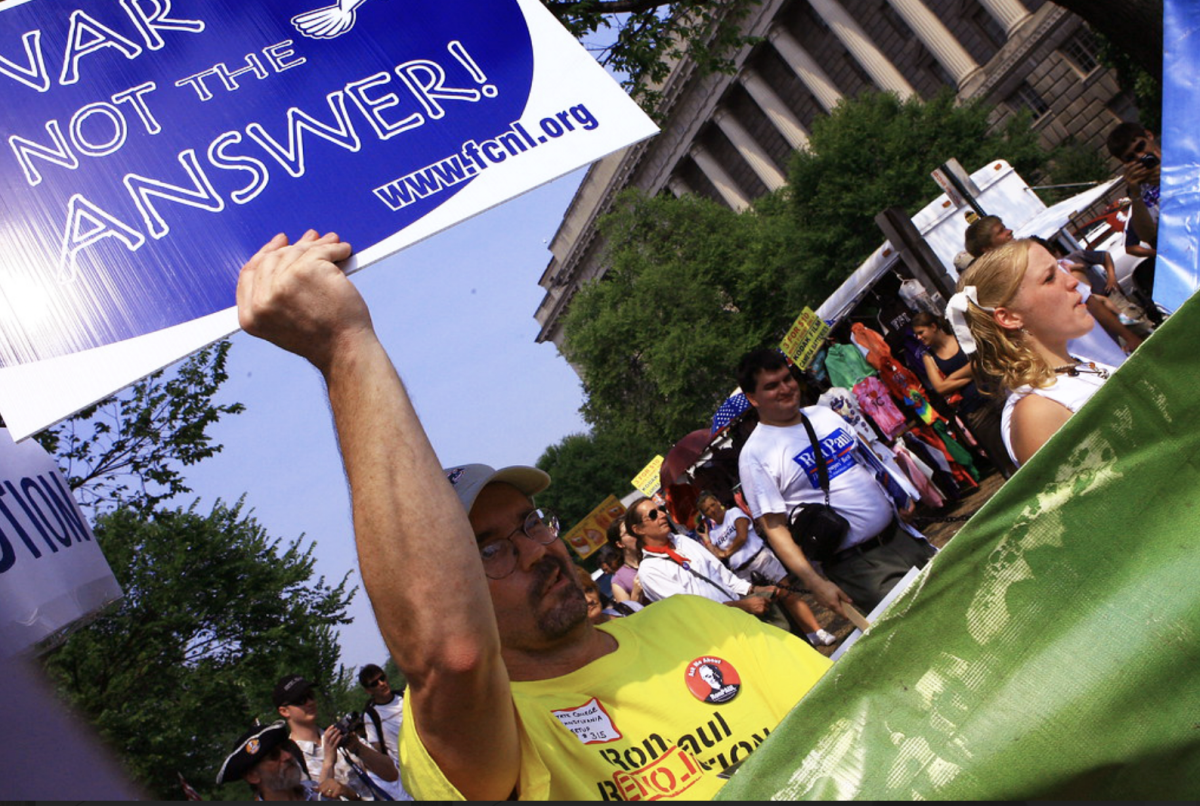On Feb. 27, the student-led nonprofit Write to Right held an online event with the organization Free Minds, where participants responded to the poetry of incarcerated people. Write to Right brought in domestic and international high school students from the United States, South Korea and Japan to witness the power of writing through learning about poetry’s impacts on the lives of those incarcerated.
Free Minds program assistants facilitated the event, with Free Minds Poetry Ambassadors reflecting on their experiences with poetry. According to their website and mission, Free Minds aims to “build the community to foster personal develop ment and systems change for justice-involved youth and adults through the literary arts, workforce development, trauma healing, peace-building and member-led advocacy.”
Write to Right members listened to and discussed poems written by both formerly and currently incarcerated persons, gaining insight into their hardships and struggles while in prison and after release. Participants also read poems written by incarcerated people through and responded to each poem, offering points of shared connection and aspects of the writing piece that stood out to them. These responses were then mailed back to the incarcerated persons at their respective jails and prisons.
Free Minds Ambassador Prince, a former criminal defense lawyer from Nigeria, shared a piece he wrote during the event. The poem titled “Rest, The Journey II” included the line: “Afterlife has dealt you this cup, fate checks to see if there’s a weakness in your armor. Life’s lessons are only hard for the weak who cannot survive them. It is through our most extreme experiences that our biggest growth happens.”
Prince reflected on his own experiences in the poem, explaining how “this journey has taught me important lessons: progress is not always a straight line going forward. Sometimes, bad decisions can lead to good outcomes.”
Free Minds serves more than 1,000 incarcerated and formerly incarcerated youths and adults each year and hosts virtual write nights and prison and reentry book clubs. They run these book clubs, writing workshops at the Washington jail and juvenile detention center and a remote book club with members in the federal prison.
Write to Right, founded by junior Tara Prakash in 2022, works with underserved elementary and middle school students to teach them creative writing as a tool for change. After Prakash began leading creative writing workshops in Washington, she was inspired by how the students’ passion for writing developed by the end of the workshops. She expanded her curriculum, reaching libraries and schools across the United States and internationally into Colombia, Japan and South Korea.
Write to Right later collaborated with Free Minds and now holds regular events, connecting the broader Write to Right community to its work.
“Free Mind’s goal of teaching creative writing skills to incarcerated persons helped inspire Write to Right’s curriculum, as it demonstrated the value in teaching people, especially those who don’t have access, the importance of creative writing,” shared Write to Right faculty adviser Alex McCoy.
Sophomore Lilah Baez, who participated in the meeting, said she really enjoyed the experience. “I loved reading the poems because there was such a range of emotions like regret and happiness,” Baez said. “I learned that everyone’s experience is unique and different and we shouldn’t have a bias against incarcerated people.”
In the poem “Myself” by Tyron H, Tyron writes, “I forgive myself for allowing myself to lose control sometimes and also not just being conscious of my actions that I display. I will work on it, improve myself and allow myself to become a better person.” Baez responded with a note admiring Tyron’s vulnerability and willingness to forgive his mistakes.
According to the Free Minds website, for incarcerated people working with Free Minds, the rate of re-incarceration after those incarcerated are released is 14 percent. This statistic is significantly lower than the estimated recidivism rates of 66 percent within the widespread incarceration community in D.C, according to the D.C. government web portal. According to Baez, this statistic demonstrates the effectiveness of Free Minds’ work and its potential to bring about real change by instilling a sense of hope in its members.












































